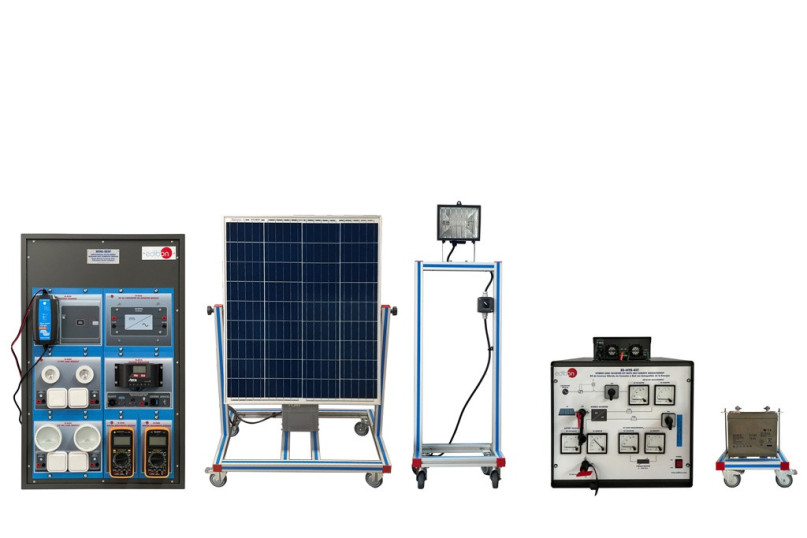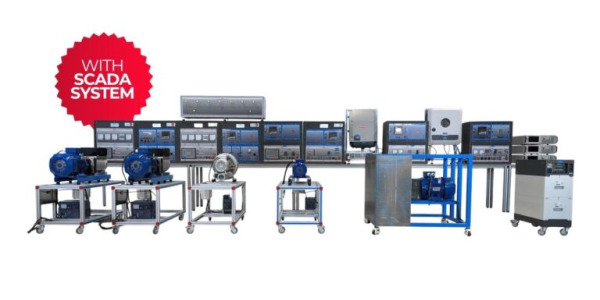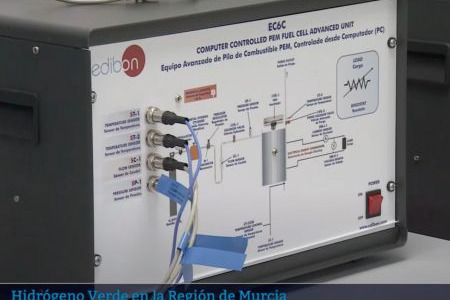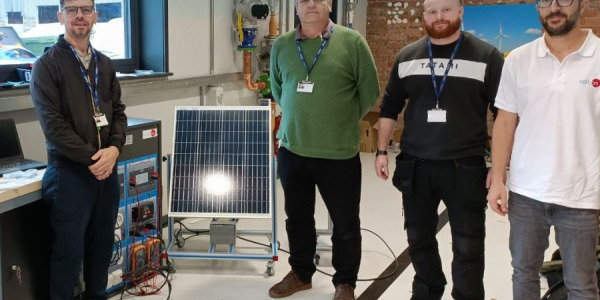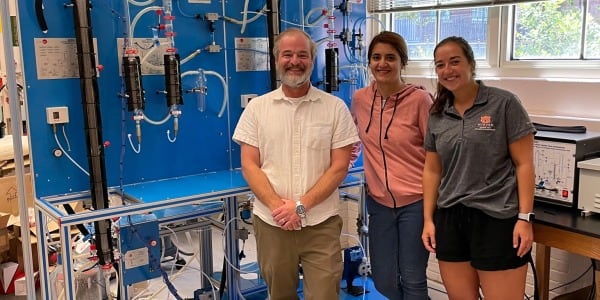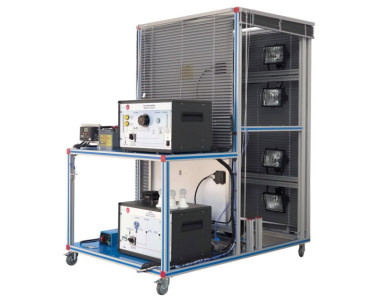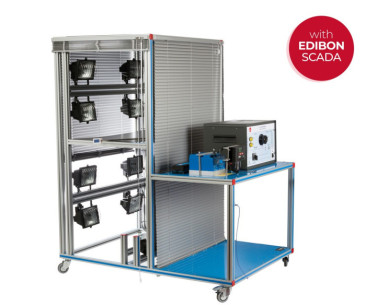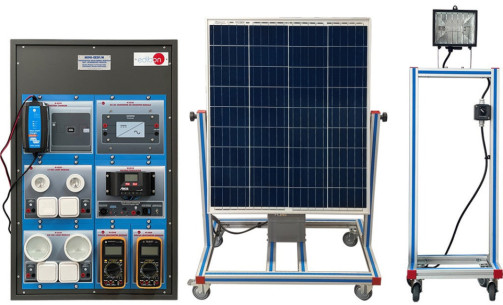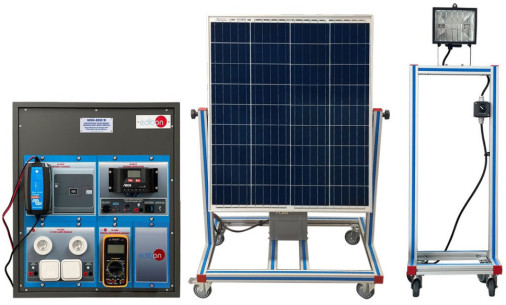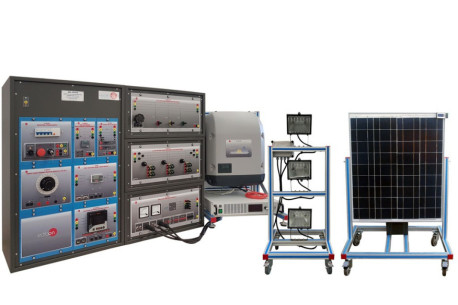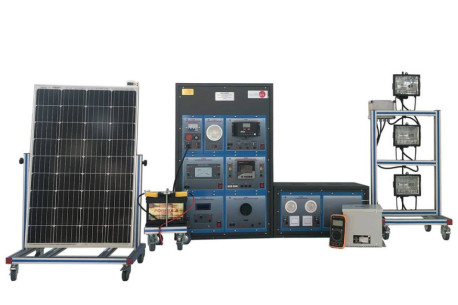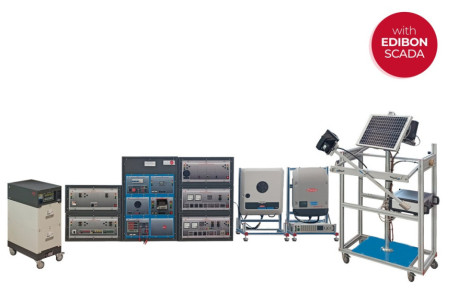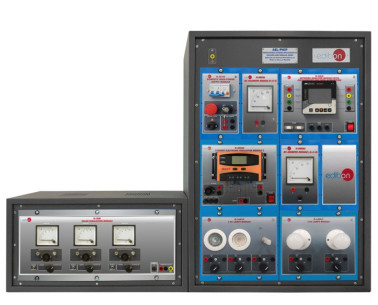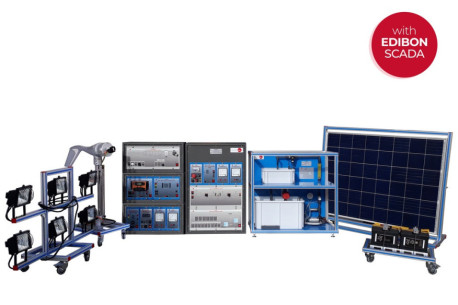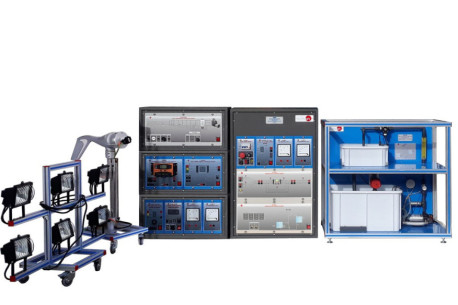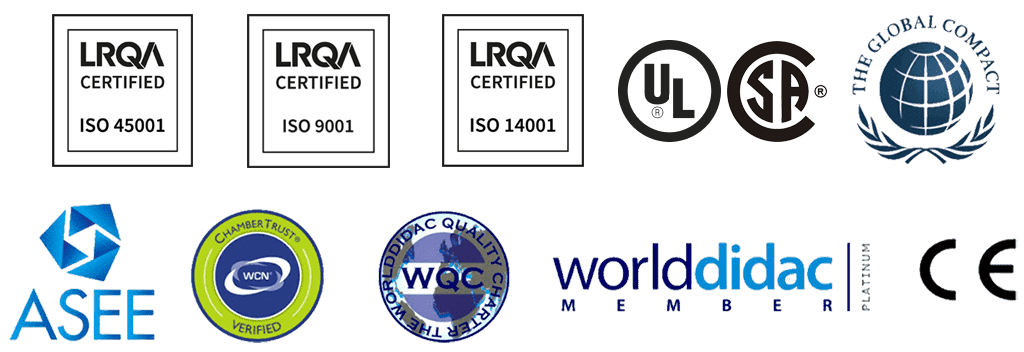For decades, the traditional energy model has relied on large, centralized power plants that generate electricity and distribute it through extensive grids to end users. While this model has proven effective, it now faces major challenges: the need to integrate intermittent renewable energy...
The electrification of society and the ongoing expansion of renewable energy are profoundly transforming the global energy landscape. This transition to clean and sustainable sources presents a critical challenge: how can we store energy efficiently, safely, and sustainably to ensure it is...
At EDIBON, we reaffirm our commitment to the advancement of clean and renewable energy, with a special focus on green hydrogen as a key driver for a more sustainable future. We are proud to have been selected to equip the first Green Hydrogen Laboratory in the Region of Murcia, a pioneering space...
Today, we are excited to share details about our latest installation at South Staffordshire College (SOUTHSTAFFS) in the United Kingdom, where we recently installed our Photovoltaic Solar Energy Modular Unit (Complete Version) (MINI-EESF).
The shift towards electric vehicles (EVs) has gained considerable momentum worldwide, promising a reduction in greenhouse gas emissions and a path to a more sustainable future. However, as the demand for EVs accelerates, so too does the need for large quantities of essential minerals, such as...
At EDIBON, we are committed to strengthening skills as a strategic pillar for the competitiveness and social well-being of the European Union. Proper training not only boosts the economy but also enables individuals to fully participate in society and democracy.
We have installed some of our units at Auburn University in USA. Specifically, in two departments: The Chemical Engineering department and the Biosystems Engineering department.
 クッキーの設定
クッキーの設定

